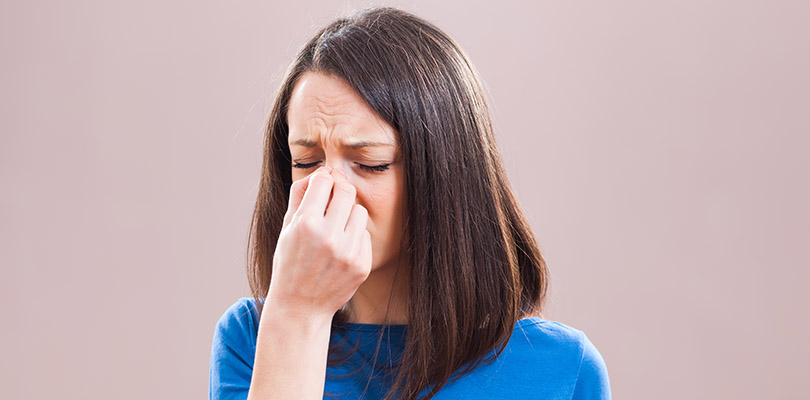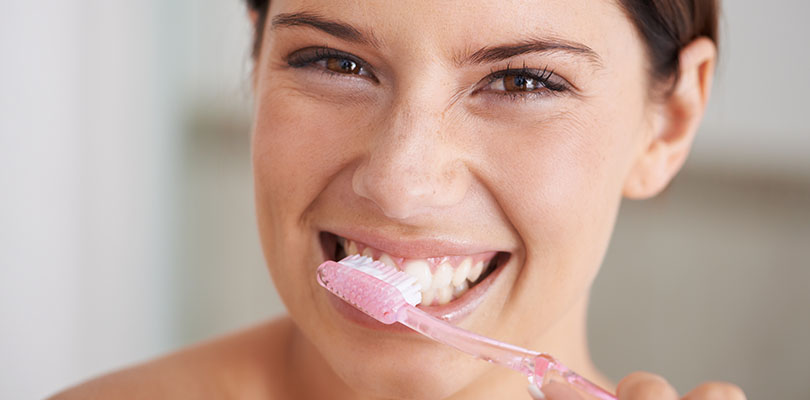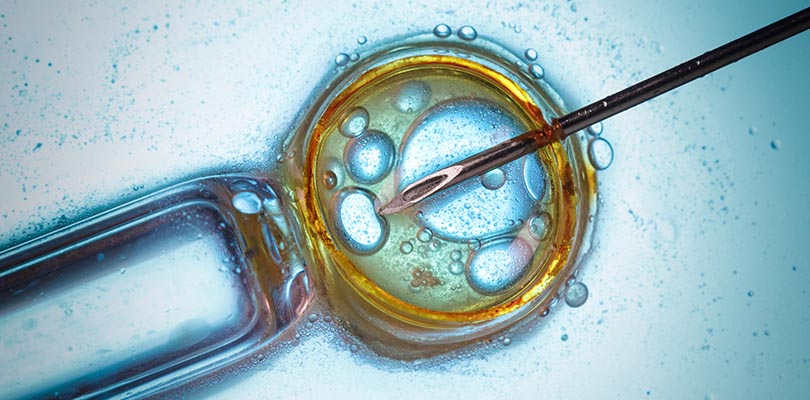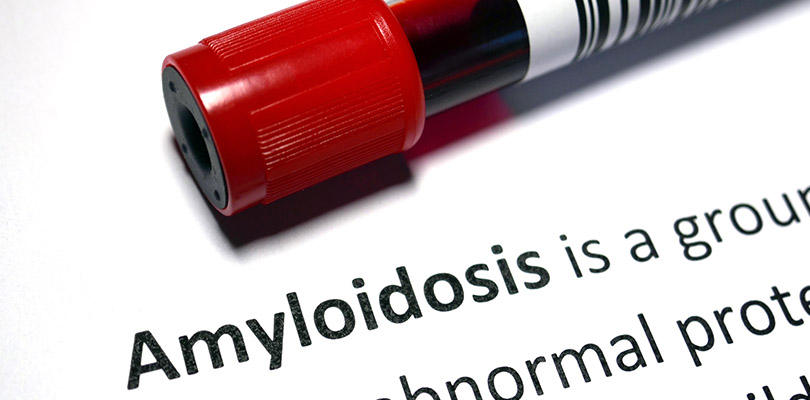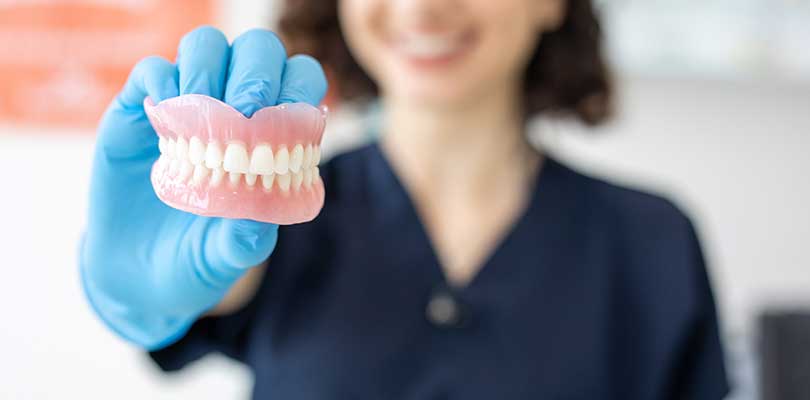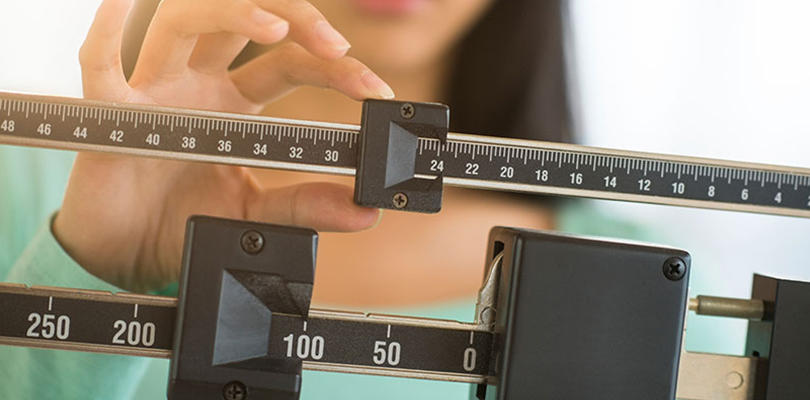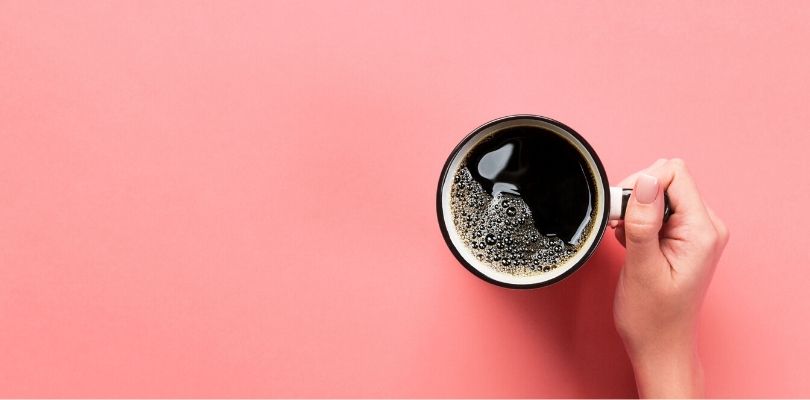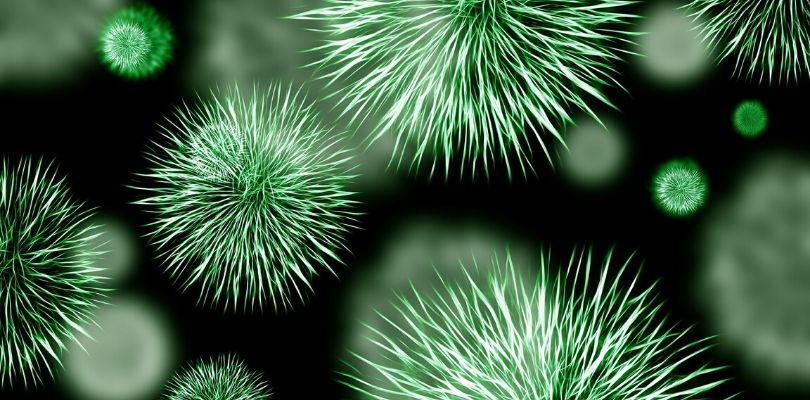Sinus Relief Options
Allergies are a common reason, including hay fever and indoor allergies. Nasal dryness causes sinus problems, including thick mucus, congestion, and sinusitis (sinus infection). Sinusitis is a swelling/inflammation of the tissues lining the sinuses. When sinuses are healthy, they are filled with air. When they become blocked, an infection can develop due to germs.
What Causes Sinus Problems?
Several conditions can cause sinus blockage:
- Common cold.
- Allergic rhinitis (swelling in the nose lining).
- Nasal polyps (small growths in the nose lining).
- Deviated septum (a structural problem inside the nose).
Acute sinusitis typically starts like a cold, with a runny, stuffy nose and facial pain. It will start suddenly and last two to four weeks. However, chronic inflammation can last 12 weeks or longer. You may get sinus attacks several times a year.
Symptoms of a Sinus Problem
- A runny nose.
- Excessive sneezing (it can be 8 to 10 times in a row).
- Itching nose (feel like scratching).
- A sore throat.
- Bad breath.
- Watery eyes.
- Postnasal drips, which can be very irritating.
- Loss of taste and smell.
- Excess coughing, especially in the night.
Sinus Relief Treatment Options
For a simple sinus infection, you may need a decongestant and a saline nasal wash. Don't use an over-the-counter decongestant more than three days, as you will likely get more congested.
Remedies for chronic sinusitis may include:
- If your doctor prescribes antibiotics, take them for 10 to 14 days.
- Use warm compresses to ease the pain in the nose and sinuses.
- Try saline nose drops.
- Use over-the-counter decongestant drops or sprays as recommended (not longer).
- Take antibiotics if prescribed by your doctor.
- Avoid triggers linked to your sinusitis.
- Get an antihistamine for allergies if advised by your doctor.
- If a fungus is causing your sinus problems, you may need a prescription for an antifungal medicine.
Can You Mix Different Antihistamines?
Some antihistamines may seem to help more than others in providing symptom relief. In desperation, you might be tempted to mix antihistamines. But combining antihistamines can be very dangerous. In this case, more is not better.
- Do NOT "double-up" on a dose.
- Do NOT take a dose sooner than you're supposed to.
- Do NOT take two different antihistamines at the same time.
Instead, talk to your doctor or pharmacist if you have trouble finding a drug that works well for your allergy symptoms.
- Some people abuse the sedating antihistamines. They can cause seizures and hallucinations.
- Some antihistamines are combined with pain medicine. Taking another pain medicine at the same time could cause an overdose.
- Some antihistamines are combined with decongestants. Taking another decongestant at the same time could cause an overdose.
Always read labels carefully, as children cannot take some antihistamines. These medications can also have bad interactions with other medicines.
Finding a toothpaste for sensitive teeth to help relieve discomfort shouldn't be a hassle. Here's what to look for in toothpaste for sensitive teeth.
Home Remedies for Sinus Problems
Turn back the heat: In the winter, indoor heat can dry the inside of your nose. This prevents mucus from clearing properly which sets the stage for sinus problems. It’s better to dress warmly indoors instead of cranking up the heat.
- Use a humidifier: A bedroom humidifier can keep your nose from drying. But beware of excess humidity. Dust mites and mold can result from too much indoor humidity.
- Consider a vaporizer: In the midst of a sinus flair, a vaporizer close by can be helpful in relieving dry sinuses. Just make sure you clean the machine every day to prevent bacteria growth.
- Ventilate your house: Energy-efficient homes are too airtight, which leads to sinus problems. It’s best to open your home on a sunny warmer day to get humidity into the air.
- Drink more water: You should get at least a quart a day of plain water - not coffee or juice. More is better. If your pee is clear, it’s a good sign.
- Use a salt-water rinse: Kits are available to mix at home. Follow the recipe. Use a bulb syringe to flush nasal cavities and clean out mucus. Neti pots are a long-standing remedy that helps many people. You will create a water mix, then pour it into your nostril.
- Avoid irritants: Cleaning products, cigarette smoke, and other irritants can irritate sinuses. In some cases, it’s the fumes from the product -- and a strong odor is typically a cue.
- Wash pets often: If pet dander bothers you, clean your pets every week. You might need to keep your pet off the bed.
Sinus Headache Relief Options
Sinus headaches develop when the sinus passages (behind nose, cheeks, eyes, and forehead) are congested. A sinus headache can occur on both sides of your head, or just one side.
You will feel the pain or pressure in your head as well as the sinus area. Sinus headaches can be a symptom of sinusitis.
Symptoms of a sinus headache may include:
- Pain is worse when you lean forward.
- Nasal discharge is yellow or green.
- Pressure is behind your forehead.
Your jaw may ache, and you may feel tired. There may be swelling and redness in the nose, cheeks or forehead.
Sinus headaches can occur with season changes if you have allergies, or only occasionally with other triggers. You can get relief with over-the-counter treatments, herbal remedies, and prescription medication.
You may need prescription medication for frequent sinus headaches due to sinusitis or seasonal allergies.
Also, make lifestyle changes to reduce congestion -- avoid allergens and exercise regularly also to reduce the number of headaches you get.
If you have chronic sinusitis, you may need a nasal surgery such as a balloon sinuplasty to stop getting sinus headaches.
